When I began working on this post, I had a different focus. I was looking through my Perkey’s Nebraska Place Names book for locations that were named for Native Americans. Particularly for towns that no longer exist. Suddenly I realized that rather than focusing on lost towns, I should be focusing on lost people as many, many Native Americans were literally wiped off the Nebraska map.
Now I realized that this could be a bit controversial. Anytime Indian reservations, manifest destiny, treaties and broken promises get thrown into one conversation, there could be trouble. But as we have been studying about Native Americans in our homeschool recently, I have determined one indisputable fact. Accurate maps do not lie.

You can find the above map at the Native-languages.org site. 9 tribes are shown as having lived in the state of Nebraska. According to the Nebraska Native Americans book by Carole Marsh, the Santee Sioux, Winnebago and the Sac & Fox tribes also used to dwell here. That would make the total be at least one dozen Indian tribes that called part of Nebraska home. Today that number has shrunk down to only 4 federally recognized Native American tribes.
1 Omaha Tribe of Nebraska:
http://www.omahatribeofnebraska.com/2 Winnebago Tribe of Nebraska:
http://www.winnebagotribe.com/3 Ponca Tribe of Nebraska:
4 Santee Sioux Tribe of Nebraska:
http://www.santeedakota.org/
That means that only 1/3 of Nebraska indigenous people groups are officially around. To me that is rather sad. I am sure that back in the day there were definitely safety concerns – shooting first to avoid being killed by the other. Or even hostile take-over concerns – enough to drive the people apart. But today I think it is rather ironic that our trepidation has turned into fascination – imitating (through costume and action) the very people we tried to eradicate . Tragic!
My knowledge of the Nebraska native Americans. has definitely increased I am glad that we will be studying these tribes awhile longer. May we find out some of what really happened during the days of pioneering.
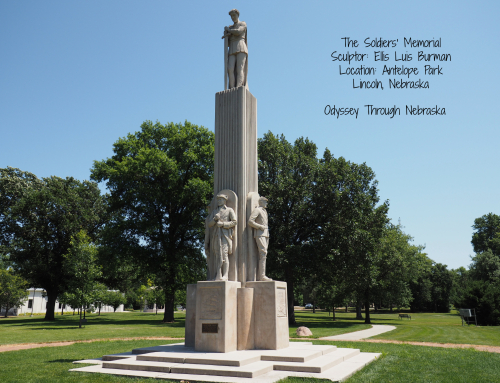
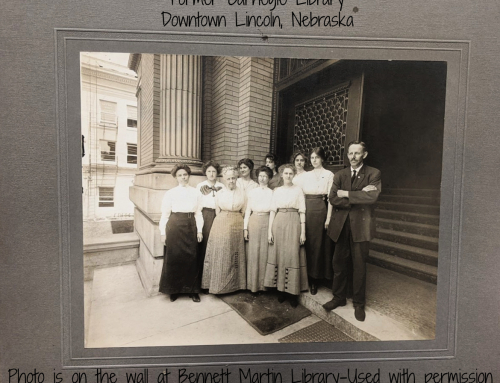
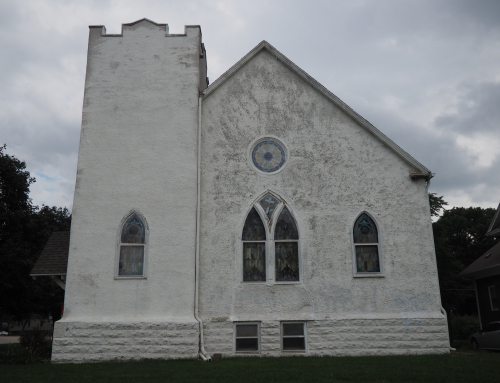
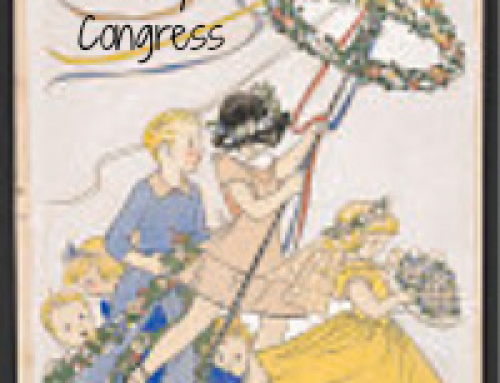

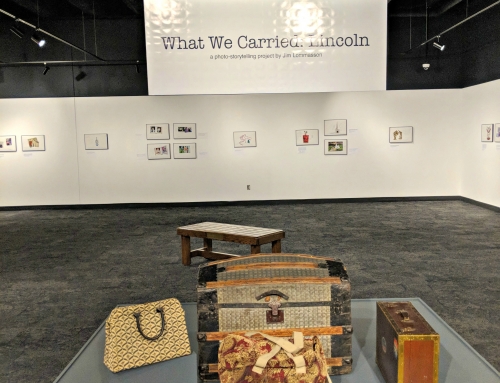
Leave A Comment